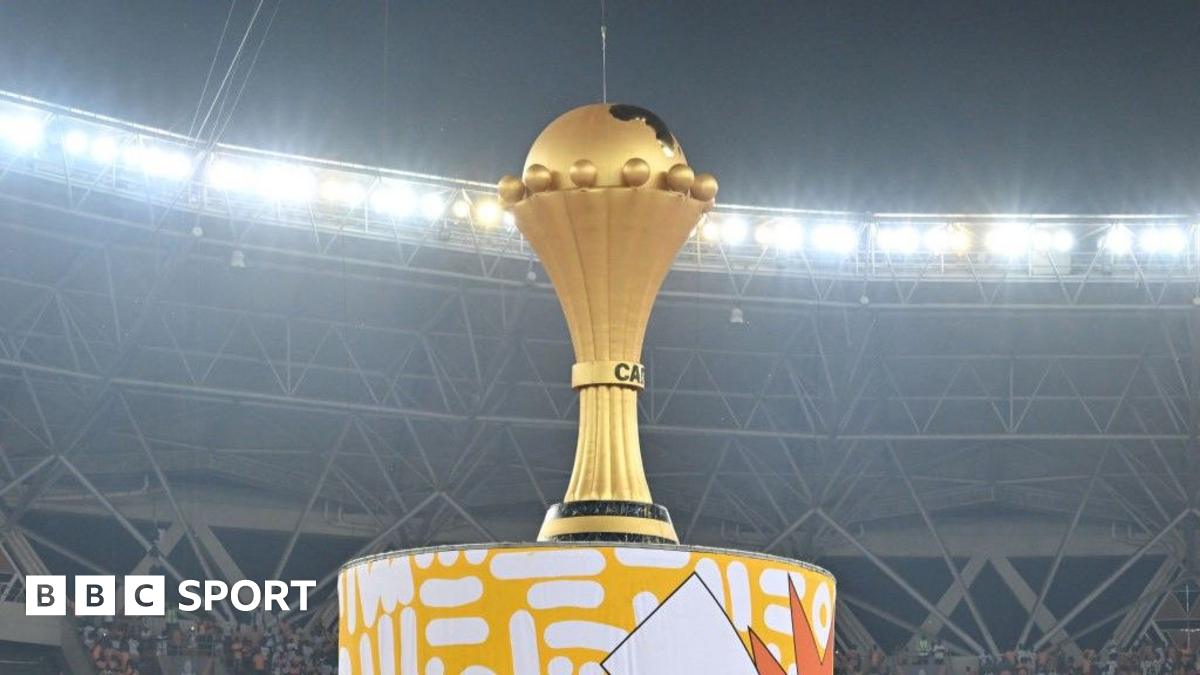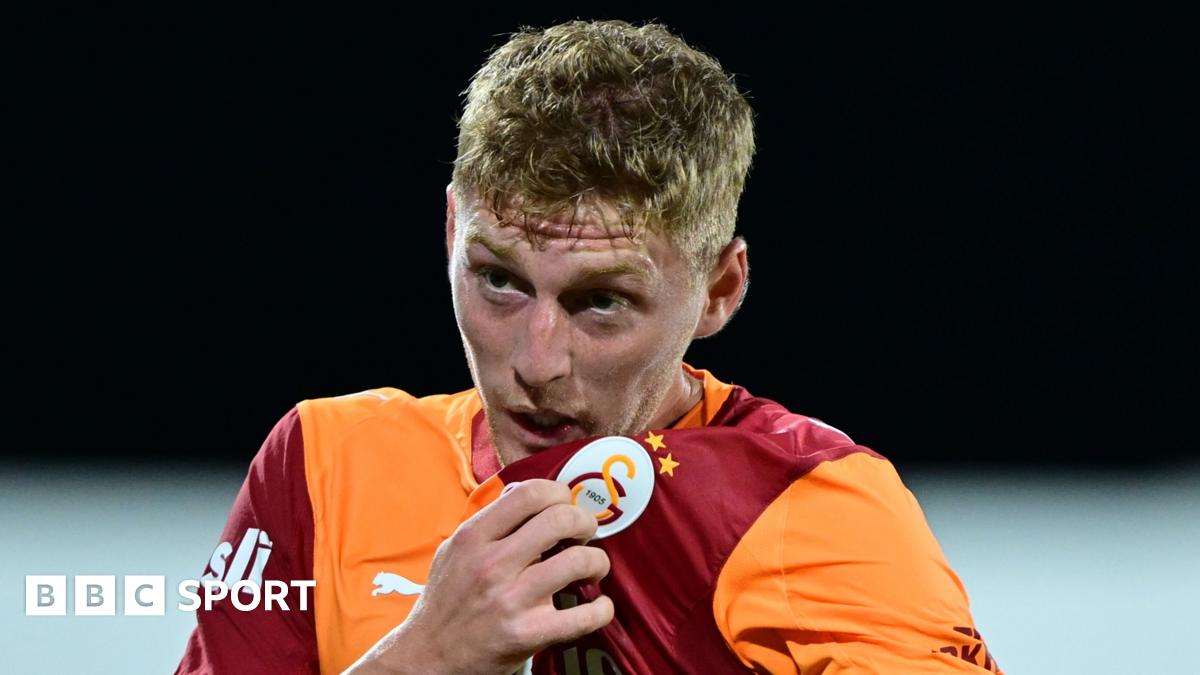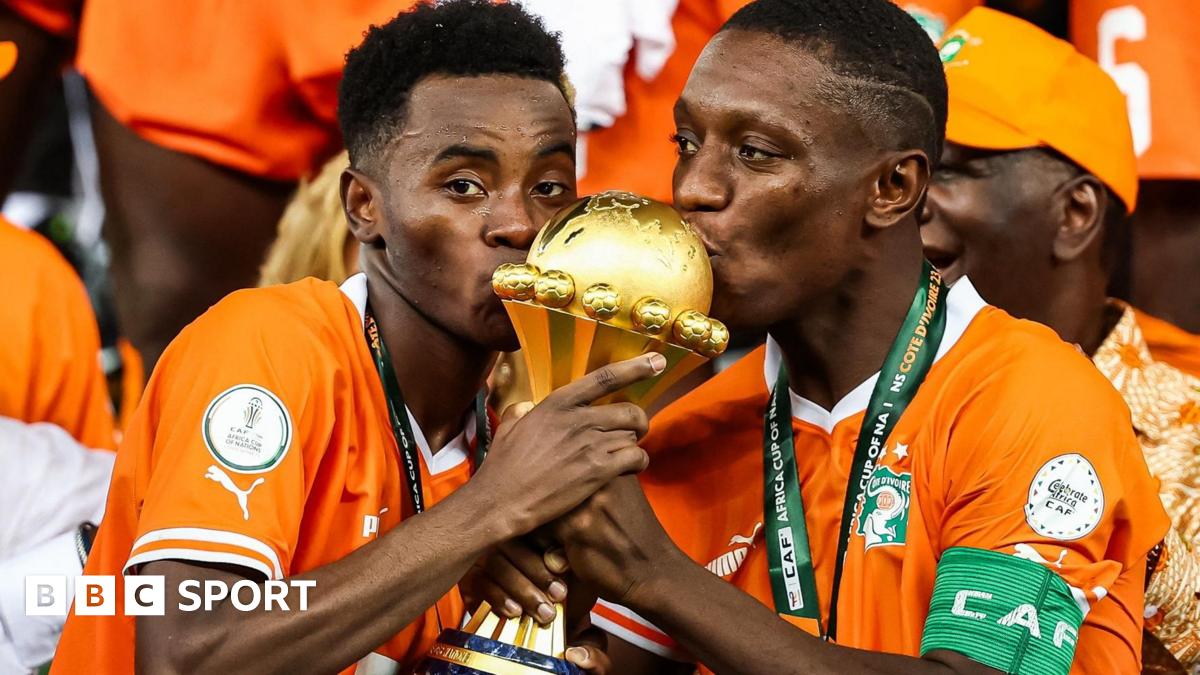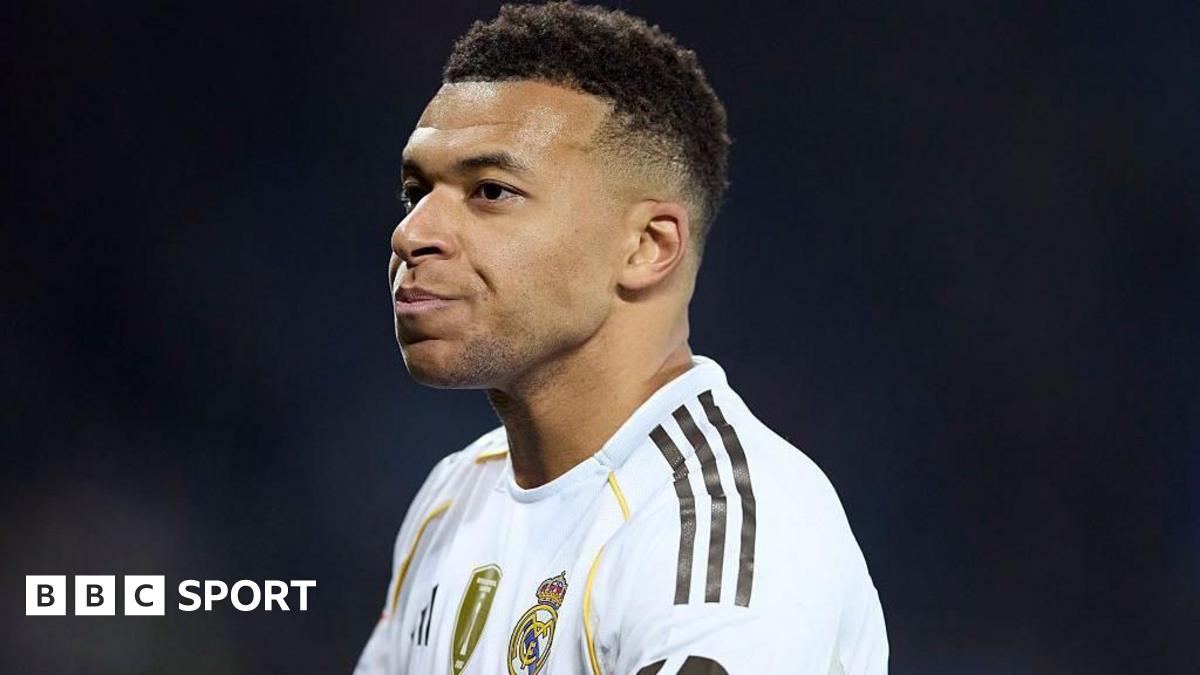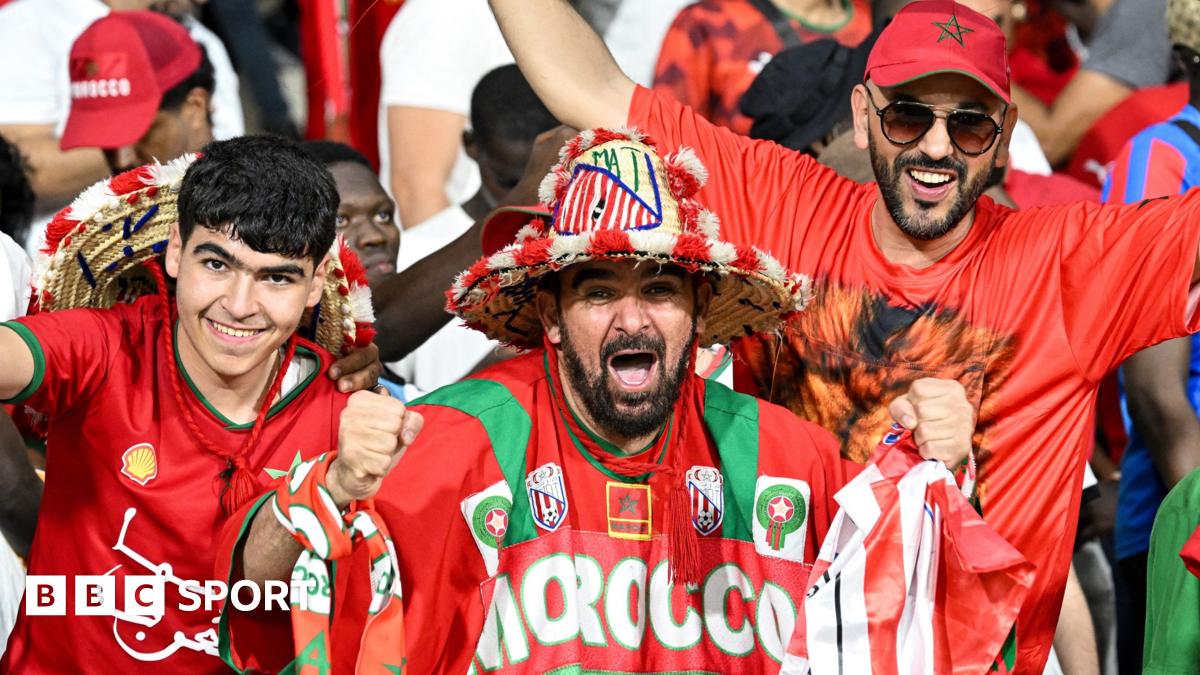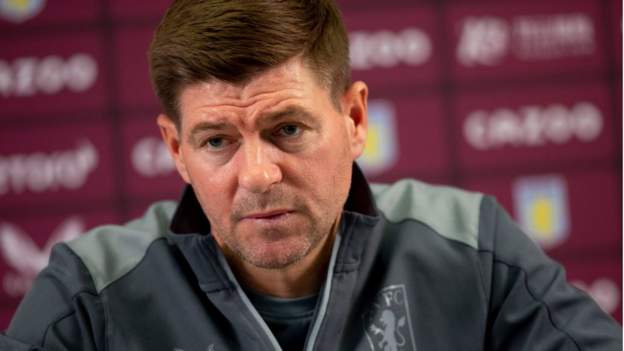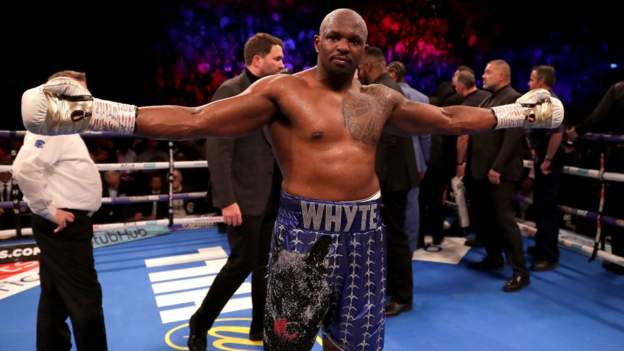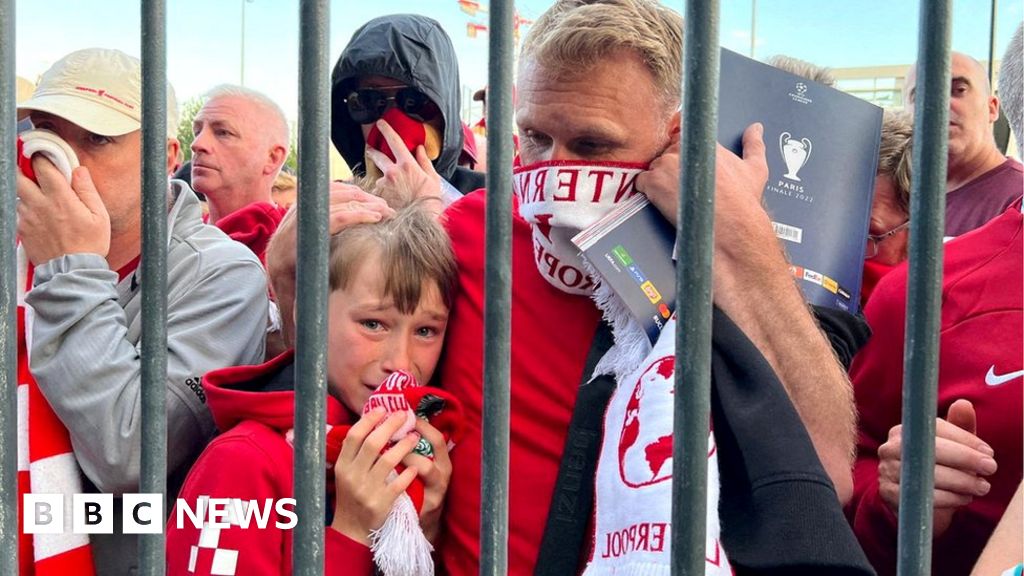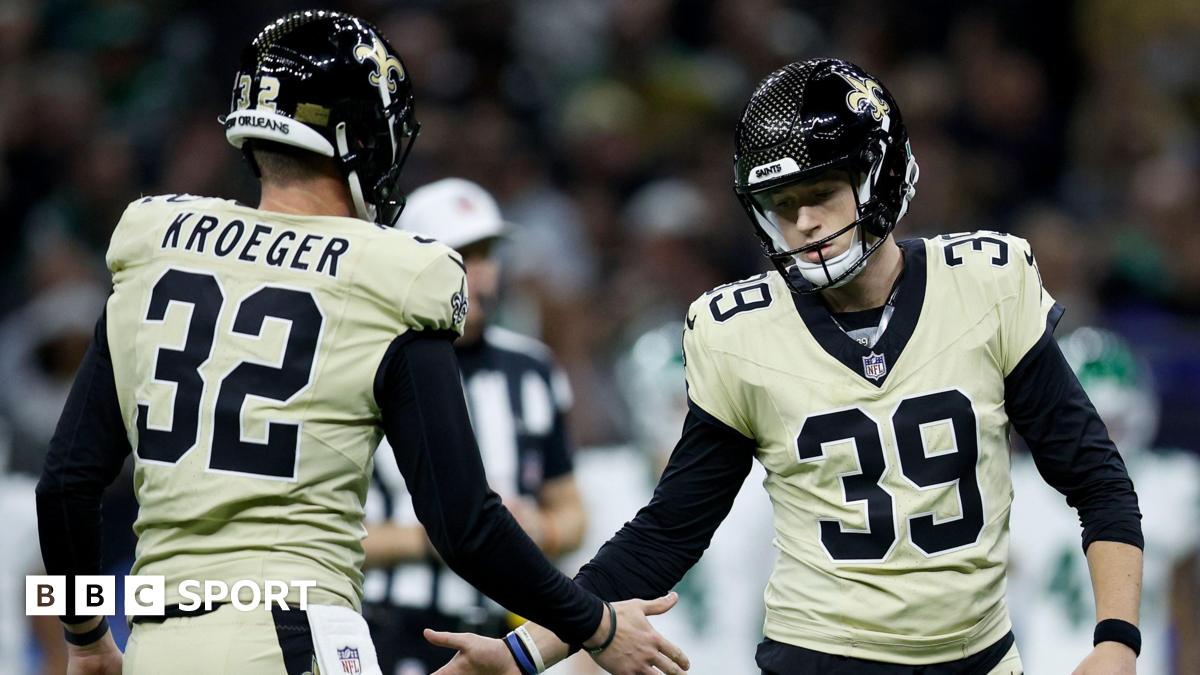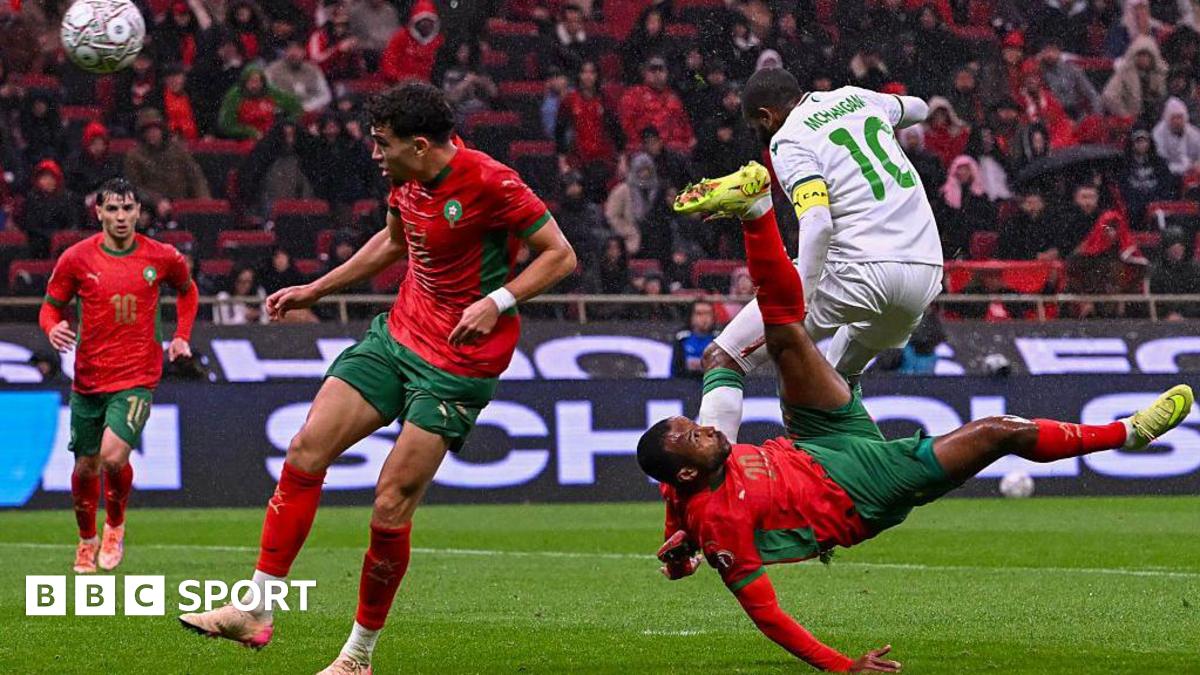Steven Gerrard looked and sounded like a man who knew what was coming when he made his final appearance as Aston Villa manager following the humiliating defeat at Fulham.
Gerrard told the media: “You know – and I know – that I am in a very difficult position” after Villa’s abysmal display at Craven Cottage was followed by a long, excruciating walk in front of furious visiting fans demanding his dismissal.
Moments later Gerrard’s position moved from difficult to impossible when was informed by Aston Villa’s hierarchy he had been dismissed.
Villa’s supporters had their wishes granted shortly after the final whistle as a reign that began with such optimism in November 2021 following Gerrard’s move from Rangers concluded in a serious blow to the 42-year-old’s personal pride and his managerial reputation, the official confirmation coming at 10.45pm.
Gerrard’s position had been precarious for weeks, with poor results adding to the uneasy nature of his relationship with Villa’s support, who surprisingly simply never warmed to a personality who had deservedly won a reputation as an inspirational leader as Liverpool captain and manager at Ibrox, where he achieved iconic status for stopping Celtic winning 10 titles in a row.
In his time at Villa Park, Gerrard succeeded sacked Dean Smith with the club 16th in the Premier League and two points off the relegation zone. He leaves with Villa in 17th position, level on points with Wolverhampton Wanderers, who are in the bottom three.
Gerrard has been undermined by the most basic football currency of all. Results and performances.
In 38 Premier League games, the equivalent of an entire season, Gerrard’s Villa won only 12 games and lost 18, garnering a total of just 44 points.
The record was put into even sharper focus because Gerrard was heavily backed in the transfer market by Villa’s ambitious owners Nassef Sawiris and Wes Edens. He was also supported by chief executive Christian Purslow, an admirer of Gerrard from his days at Liverpool and who championed his appointment.
Gerrard’s big purchases included Lucas Digne from Everton for £25m in January, followed up this summer with the signing of Sevilla defender Diego Carlos for £26m and the free transfer signing of coveted midfielder Boubacar Kamara from Marseille.
All three have had their injury problems, with key acquisition Carlos suffering a serious knee injury in only his second game and Kamara also currently sidelined for a lengthy period.
One big minus against the name of Gerrard was the signing of Phillipe Coutinho, brought in on a £17m permanent deal from Barcelona after a mixed spell on loan last season.
Gerrard placed a lot of faith in the little Brazilian midfielder who shone alongside him at Liverpool but he has been a bitter disappointment, looking a desperate shadow of the player who Barcelona once felt was worth £142m back in January 2018.
Belgium midfield man Leander Dendoncker came in on transfer deadline day for £13m from Wolves but even then there was an ominous sense that Gerrard’s reign was starting to lose direction.
Villa’s supporters were not only unhappy with results but also what they saw as an unattractive style of play fostered by Gerrard and his backroom staff. There seemed to be no settled formation or identity, even the occasional good performance such as that against Chelsea at Villa Park on Sunday ending in defeat.
There was a significant change in Villa’s backroom staff in the summer, with the influential Michael Beale leaving to take over at Queens Park Rangers and Neil Critchley being lured from frontline management at Blackpool to work under Gerrard.
There was irony in the fact that, earlier on the day of Gerrard’s sacking, Beale was turning down a Premier League job at Wolves after starting his own managerial career with a bang by taking QPR to the top of the Championship.
Gerrard found himself in the unusual position of having to win over sceptical Villa fans having been idolised at Anfield and Ibrox. It was a battle he never won.
Was it that some could not quite get past the misplaced theory that Gerrard was only using Villa as a stop-off on his intended final destiny of returning to Liverpool, perhaps as eventual successor to Jurgen Klopp?
Of course it would be Gerrard’s dream to manage Liverpool at some point, no-one would doubt that, but it is an insult to his professionalism to suggest for one second that he was managing Villa with one eye on ending up somewhere else.
And he could only build up any attraction to other clubs with success at Villa. He was fully invested at Villa Park. He knows no other way.
Indeed, when Gerrard returned to Anfield as Villa manager in December last year, he was so sensitive to the feelings of the club’s fans that he barely engaged with the Kop, despite receiving a predictably rapturous reception before, during and after the game.
Gerrard, for all his blockbusting playing style and natural leadership, can be an introspective character who cares and thinks deeply and takes defeat personally. He will be badly hurt by this experience, alien territory for someone who has been synonymous with success throughout his club career, and in his previous management post at Rangers.
He was on safe ground at Rangers but chose to move to Villa as a club with ambitions that matched his own. It will cause him great pain that he has failed and his relatively short time has ended with the sack.
Gerrard will no doubt be back at some point in the future with a determination to correct a rare failure on his CV, although where and when that will be remains to be seen.
Villa, meanwhile, will set sights high as they try to find the manager who will match their owners’ desire for success.
Gerrard was meant to be that man but his and Villa’s hopes were finally extinguished on the banks of the Thames at Craven Cottage.



